By Adam Cook
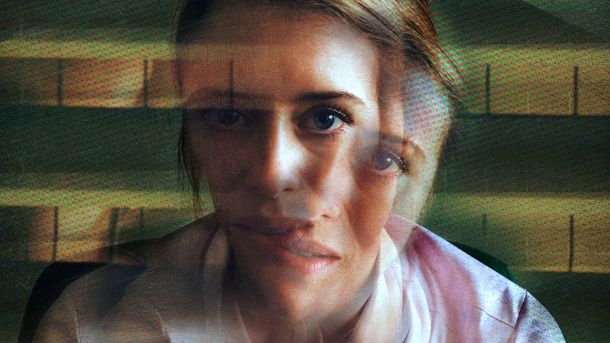
The Berlinale has always been a festival of discovery, an outlier of the year to come. Each year, the festival opens the calendar with experiments on-screen and explorations into the unknown, bringing together filmmakers and movie buffs from around the world.
We braved the frostbitten plazas of East Germany and sifted through the program of over 400 films to bring to you our top 10 picks of must-watch movies from the 2018 Berlin Film Festival.
Season of the Devil (Lav Diaz, Philippines)
Not for everyone, award-winning Filipino filmmaker Lav Diaz’s sprawling films typically range from four to eight or so hours long but those with the patience and willingness to devote a festival day to his work are rewarded with beautifully made films that unfold with masterful pacing. His latest is on the shorter end (237 minutes) and is a surprising detour: an a capella opera. A devastating tale of inhumanity amidst Ferdinand Marcos’ reign in the late 70s and early 80s, Diaz follows the plight of a poet and his wife, a doctor providing care in a dangerous barrio, as the local militia gets increasingly violent.
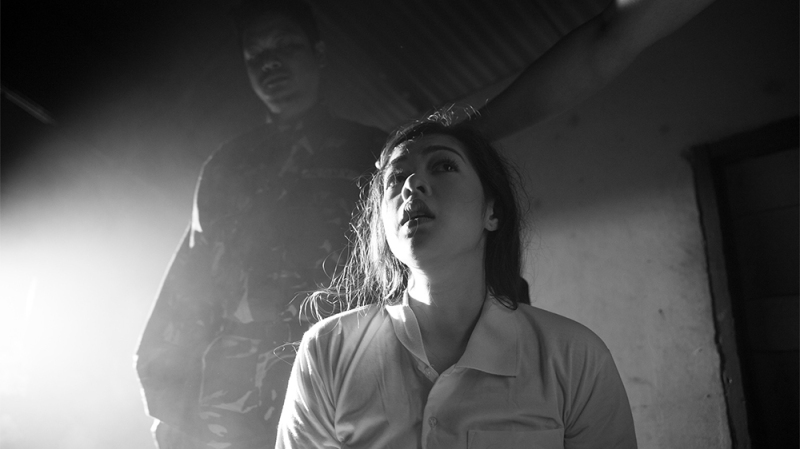
Transit (Christian Petzold, Germany)
If you saw Petzold’s last film at VIFF, the Vertigo-inspired WWII melodrama Phoenix, you know that the director has expert skill when it comes to crafting emotionally involving drama. His latest is disconcertingly relevant, transposing ___ novel about exile during WWII to the vaguely near future, in which refugees desperately seek asylum amidst a growingly militant state presence of control. With a touch of Kafka, the protagonist tries to escape Marseille but faces a series of dead ends. A compelling thriller, Transit is also too prescient to take simply as entertainment.
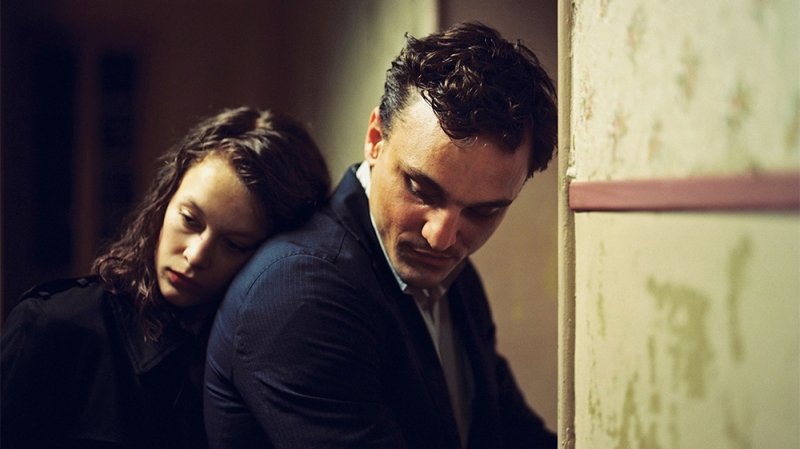
Photo credit: courtesy of Schramm Film/ Marco Krüger
Infinite Football (Corneliu Porumboiu, Romania)
The Romanian New Wave’s greatest talent is also the director making the lightest and most unpretentious films. Porumboiu is known for his deadpan comedies that slyly point to societal critiques, like Police, Adjective and The Treasure, this is his second documentary (the first also being centered on soccer). Funny and charming, the film mostly consists of an interview with the director’s friend who is convinced that soccer rules need to change to improve the game and make it safer for players (he was injured as a young man from a tackle, preventing him from playing). At first, the film playfully mocks his ideas, until it starts to evolve into something profound about the importance of dreaming and the freedom it provides.
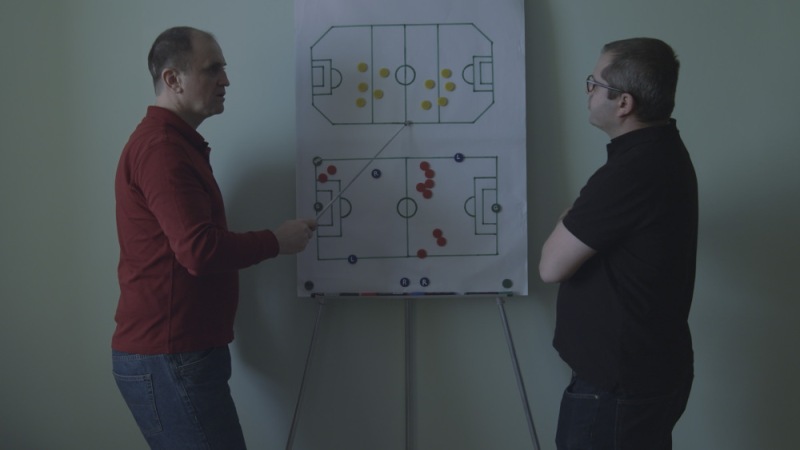
The Tree (André Gil Mata, Portugal)
Simply: during wartime, an old man in Sarajevo collects empty jars in his village at night to fill them with water and has a life-changing encounter with a young boy. You’ll swear this beautiful work of art wasn’t a film from 2018. With painterly cinematography and a poetic, mesmerizing style, Gil Mata’s first fiction feature has shades of Andrei Tarkovsky to its visual language and its meditative approach to time and memory.
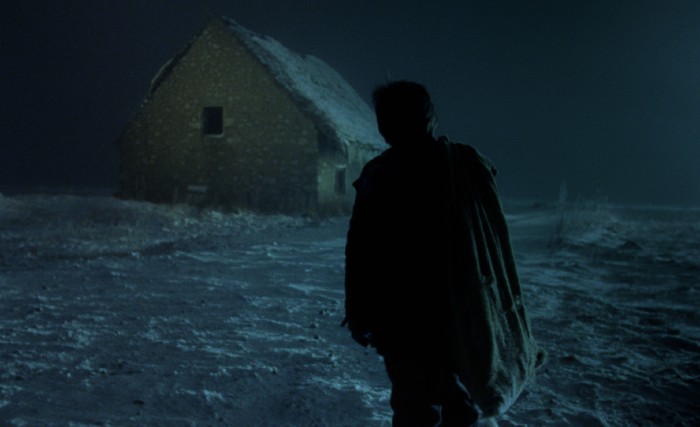
In the Realm of Perfection (Julien Faraut, France)
You don’t need to be a tennis fan to be hypnotized by the beauty of John McEnroe’s astounding talent, especially if you watch the remarkable 16mm footage here, culled from archives that span the superstar’s appearances at the French Open during his peak in the 70s and 80s. This playful documentary is a study of a tennis star’s near-perfection as well as his contentious on-court persona, with philosophical musings on sport, cinema, and the point at which they intersect.
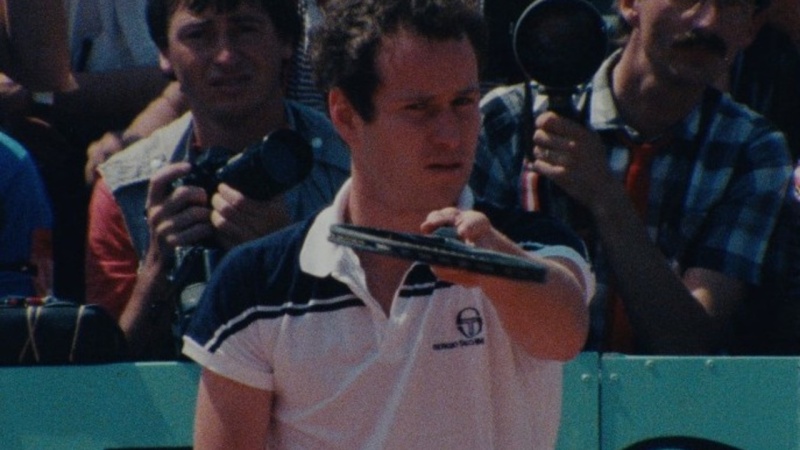
Isle of Dogs (Wes Anderson, USA)
The latest film from Wes Anderson is his second foray into stop-motion animation and is even more inspired than The Fantastic Mr. Fox. A beautiful tribute to man’s best friend, a pack of dogs banished to an island after Japan exiles all of its canines out of (state initiated) fear of a spreading disease try to help a young boy find his lost companion. Anderson’s usual stylistic exuberance is cranked up another notch in his fastest-paced and most purely entertaining movie. You won’t have to wait long for this one, it’s in cinemas March 23rd.
Unsane (Steven Soderbergh, USA)
After “retiring” for like five minutes, Soderbergh is back with a film he shot on the downlow…on an iPhone. A pulpy b-movie made with urgency, Unsane follows a young woman who unwittingly commits herself to a mental ward and can’t convince anyone she doesn’t belong there. Making matters worse, a stalker from the past seems to have followed her…Intense and darkly comic, this is a very strange lo-fi experiment that packs more surprises than most suspense films today.
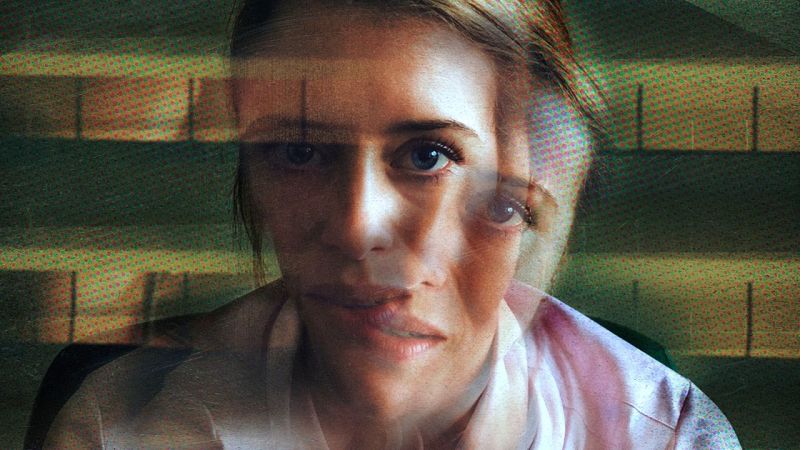
Grass (Hong Sangsoo, South Korea)
What to say about Hong? He released three films last year. Three. Prolific and consistent, he’s one of the best filmmakers in the world and may be at his very best right now. His latest is an odd one. Set mostly in a café, we follow a series of private conversations between patrons as a young woman, played by last year’s Silver Bear winner for Best Actress Kim Minhee, eavesdrops in the corner, occasionally commenting on the goings-on and seemingly typing up these secret stories. It plays like a poignantly reflexive look at Hong’s own personal methods and the blurred lines between life and cinema.
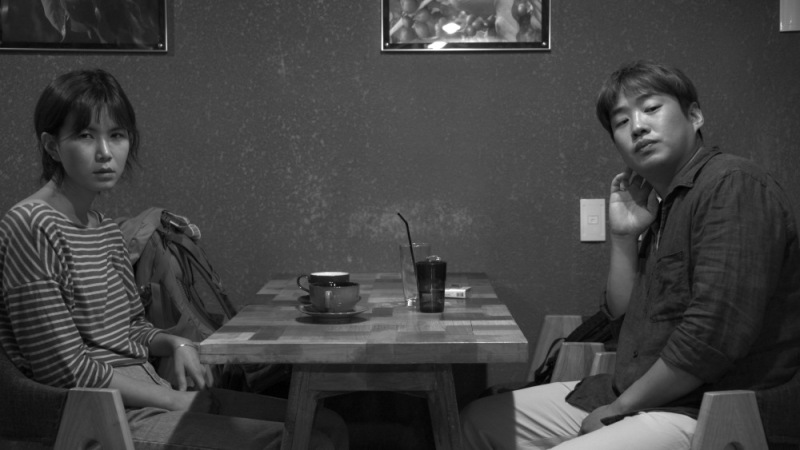
Classical Period (Ted Fendt, USA)
If you were lucky enough to catch Fendt’s debut at VIFF last year, Short Stay, you know he’s an original voice emerging in the US indie scene with a knack for portraying socially awkward intellectual clumsily bumbling through life. Classical Period is a touching and subtly sad look at a group of people who can only seem to interact through their academic know-how, confidently reciting historical anecdotes but unable to have a real conversation.
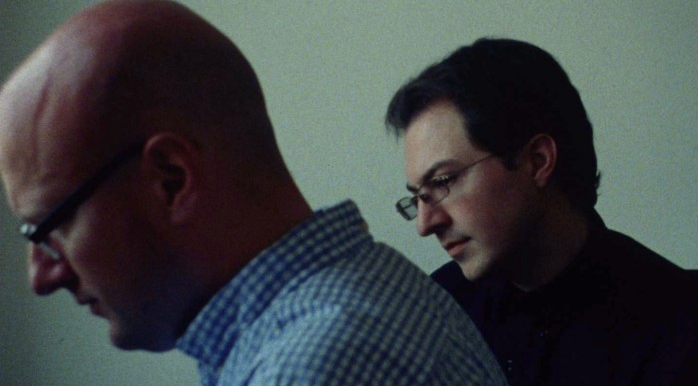
The Waldheim Waltz (Ruth Beckermann, Austria)
Berlin’s prize winner for Best Documentary, this incisive film looks at how Kurt Waldheim was able to become Austria’s President in spite of a public scandal involving his Nazi past. At once denying the claims while also inciting hatred to his benefit, Waldheim’s ascension is eerily comparable to developments we’re seeing much closer to home today. There’s much to learn from this terribly relevant doc.

Photo credit: courtesy of Berlin Film Festival
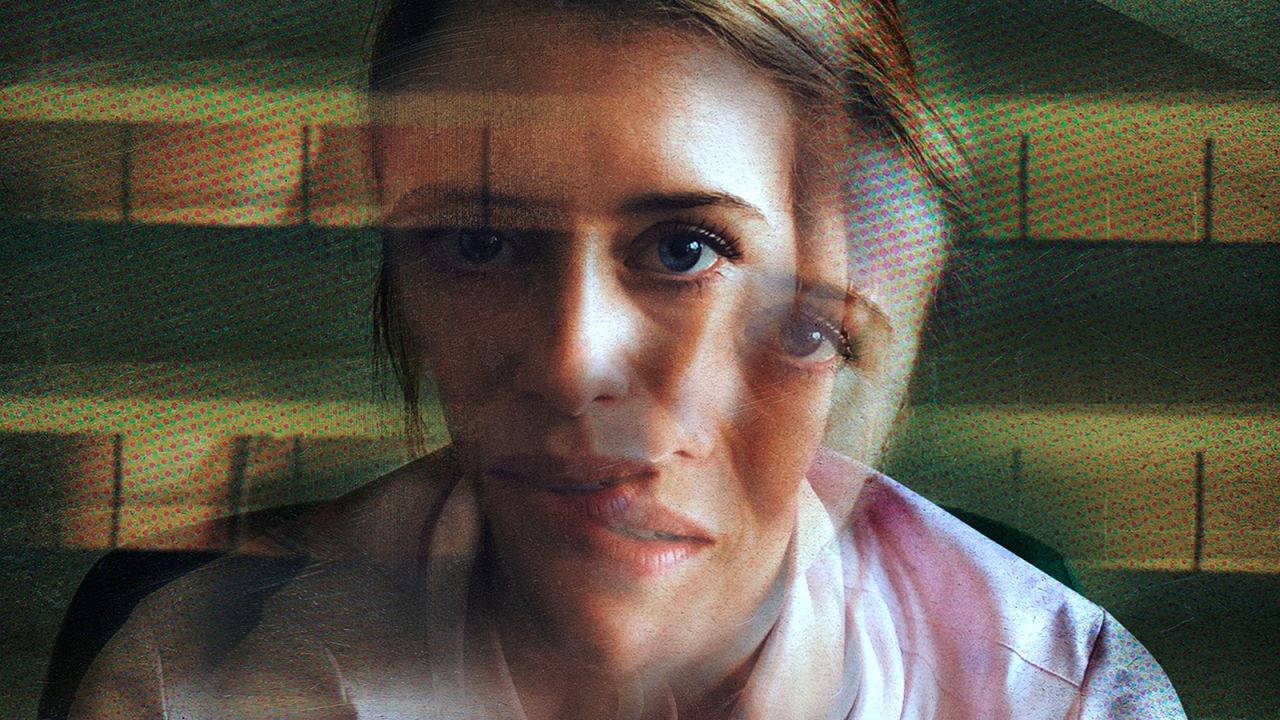

Unsane will be a great horror movie I hope. I watched the trailer a couple of time, and it’s really likeable ( I mean horrible ).
LikeLike